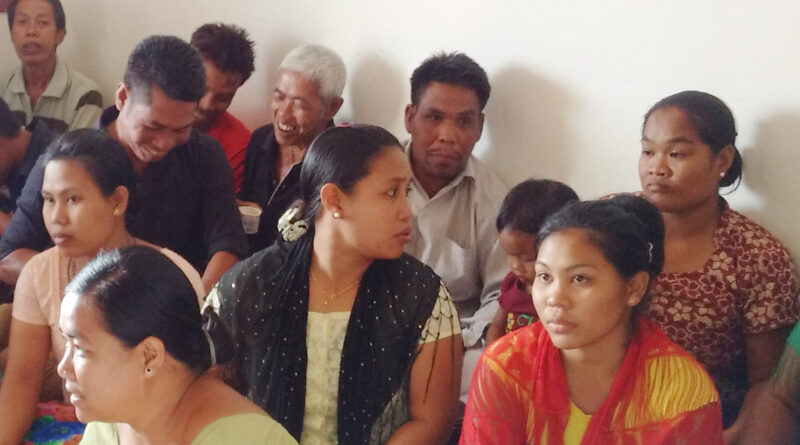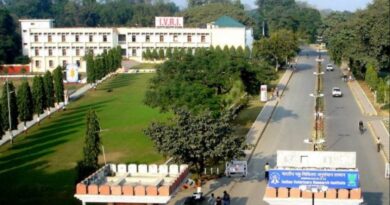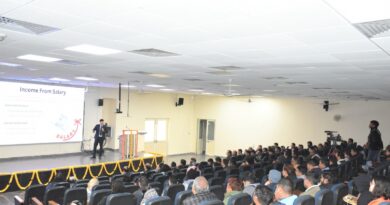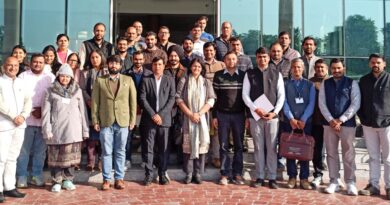New Genetic Study Uncovers the Ancestral Heritage of Nicobarese People
Uttar Pradesh / Banaras : A groundbreaking genetic study has provided fresh insights into the ancestry of the Nicobarese people, the indigenous inhabitants of the Nicobar Islands in the eastern Indian Ocean. Conducted by a team of researchers from nine institutions, the study was co-led by Prof. Gyaneshwer Chaubey of Banaras Hindu University (BHU) and Dr. Kumarasamy Thangaraj of CSIR-Centre for Cellular and Molecular Biology (CCMB), Hyderabad.
Published in the European Journal of Human Genetics, the research utilized DNA markers inherited maternally, paternally, and biparentally to trace the genetic lineage of the Nicobarese and their affinities with South and Southeast Asian populations.
Key Findings
- Timeline of Settlement: Earlier theories suggested that the Nicobarese settled in the archipelago about 11,700 years ago. However, the study indicates that their ancestors migrated to the Nicobar Islands around 5,000 years ago.
- Austroasiatic Linkages: The genetic data reveals a strong ancestral connection between the Nicobarese and Austroasiatic language-speaking populations in South and Southeast Asia.
- Unique Affinities: Among these populations, the Htin Mal community of mainland Southeast Asia shows the closest genetic affinity to the Nicobarese while maintaining distinct ethnic characteristics due to genetic drift over time.

Expert Insights
- Prof. Gyaneshwer Chaubey, the study’s lead author, emphasized, “Our findings argue that the Nicobarese and the Htin Mal serve as vital genetic proxies for understanding the ancient Austroasiatic heritage.”
- Dr. Kumarasamy Thangaraj added, “This study bridges the genetic narratives of South and Southeast Asia, reshaping our understanding of Austroasiatic dispersals.”
- Linguist Prof. George van Driem noted, “The genomic similarities underscore an ancient Austroasiatic distribution while highlighting the unique evolution of the Nicobarese.”
- Archaeologist Dr. Sachin K. Tiwari remarked, “The genetic findings enhance the archaeological understanding of connections between South and Southeast Asia.”
The Research Team
The collaborative team included researchers from BHU, CCMB, Bern University (Switzerland), BSIP Lucknow, Calcutta University, and Amrita Vishwavidyapeetham. Key contributors included Dr. Rahul Mishra, Dr. Prajjval Pratap Singh, and Dr. Niraj Rai, among others.
Implications
This study not only enriches the understanding of the Nicobarese heritage but also provides a window into the migration patterns and genetic diversity of Austroasiatic populations. It underscores the Nicobarese as a critical group for studying the broader ancient human history of Southeast Asia.






